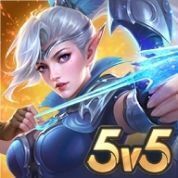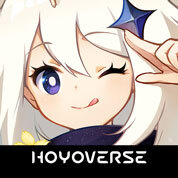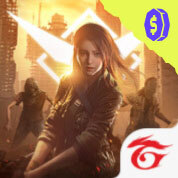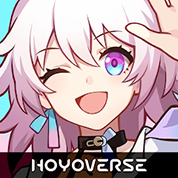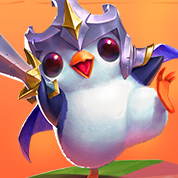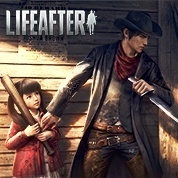Table of Contents
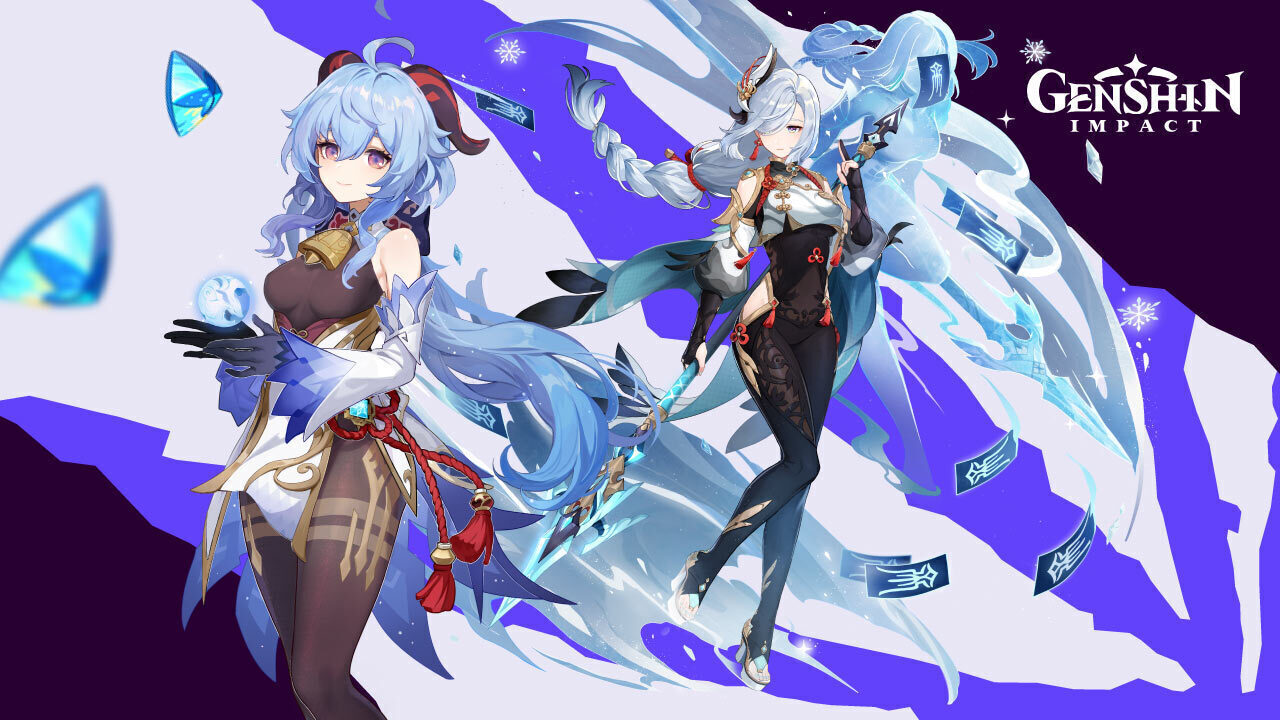 The names of people carry great significance in our world and even in the fictional works that we love, from books to movies and video games. Genshin Impact is no exception. It’s an imaginative world filled with colourful characters, and each one of them has a meaningful name that reflects their personality, backstory, and even their role in the game’s story. Like you, many Genshin Impact players have always wondered what these names mean and why they were chosen. While there are some obvious clues as to where some of these characters’ names come from, others require a bit more digging. Let’s explore the meaning behind some of the most popular Genshin Impact character names!
The names of people carry great significance in our world and even in the fictional works that we love, from books to movies and video games. Genshin Impact is no exception. It’s an imaginative world filled with colourful characters, and each one of them has a meaningful name that reflects their personality, backstory, and even their role in the game’s story. Like you, many Genshin Impact players have always wondered what these names mean and why they were chosen. While there are some obvious clues as to where some of these characters’ names come from, others require a bit more digging. Let’s explore the meaning behind some of the most popular Genshin Impact character names!
*Spoiler alert for some important story beats in the game.*
Fischl
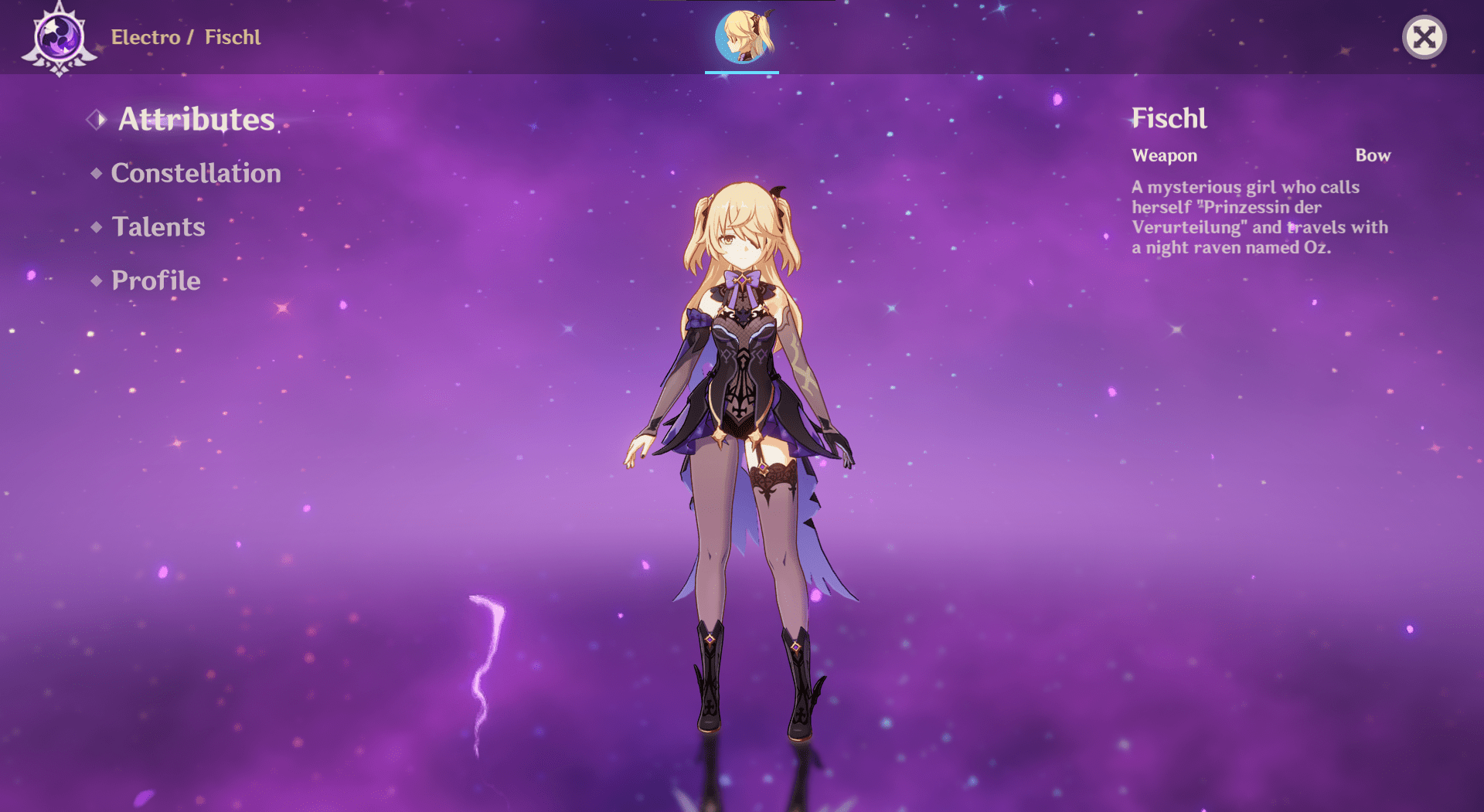
First, we’ll start off with Fischl, the enigmatic Electro archer who claims to be a princess from a distant land. According to the game’s lore and story, Fischl von Luftschloss Narfidort is a princess from a faraway land called Immernachreich, the kingdom of eternal twilight. Fischl’s name and place of origin seem like a perfect fit for the fantasy world of Genshin Impact, but they’re neither her real name nor the name of her hometown. It’s actually lifted from her favourite book as a child called Flowers for Princess Fischl – Vol. I: End Time Zersetzung. In fact, Fischl’s real name is actually Amy.
As a child, Amy’s father encouraged her to follow her dreams of pretending to be Princess Fischl. It was due to this upbringing that Amy developed an overactive imagination and a love for fantasy. Judging by the heavy use of German words in the fictional book of Princess Fischl, it’s reasonable to assume that the name itself is of German origin. “Fisch” is actually the German word for fish, and adding the diminutive suffix “-l” at the end extends its meaning into “little fish” or “cute fish.” Additionally, Fischl’s title, “Prinzessin der Verurteilung“, is also a German phrase that means “Princess of Damnation” in English.
Nahida
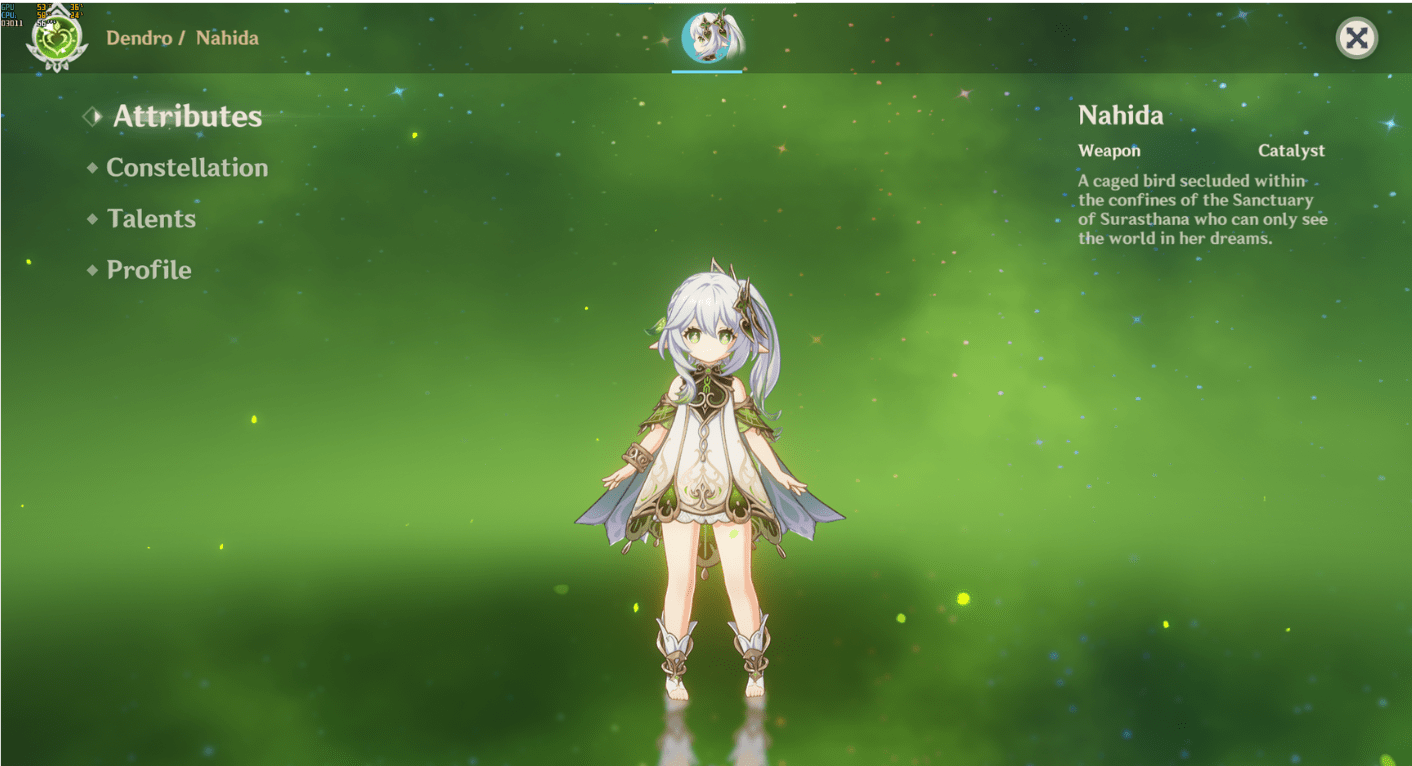
One of the most recent additions in the game is the Dendro Archon of the land of Sumeru, Nahida. This small but immensely powerful Archon is gifted with a wide range of abilities related to dreams, knowledge, and nature. From dream walking and dream manipulation to consciousness reading and the ability to manipulate the Dendro element and its affinity for nature and plants.
Many people regard Nahida as the God of Wisdom, which fits very well with the supposed origin of her name. The name “Nahida” is likely based on the name “Nahid”, which is a Middle Persian variant of Anahita, goddess of wisdom, healing, and fertility. Anahita is a Persian deity associated with water, and it’s possible that Nahida’s abilities related to nature and plants are inspired by this association. In fact, Anahita’s name in Sanskrit means “of the waters, mighty, and immaculate.” This deity’s persona survived after the merging of the different Iranian deities and Zoroastrianism. Further evidence of Nahida’s connection to Anahita and Zoroastrianism can be seen in the name of her constellation, Sapientia Oromasdis. Oromasdis is a Latin transliteration of Ahura Mazda, the central deity of Zoroastrianism.
Paimon and the Archons
Now, you might be wondering why Paimon is suddenly grouped with the Archons of Genshin Impact, and there’s a reason for that. Paimon, along with the Archons, have a common origin when it comes to their names. As you all know, Archons are always accompanied by a long laundry list of names and titles since they are worshipped and revered by people in many different ways. So far, the four Archons that have been revealed have alternate names that are actually based on one of the books of The Lesser Key of Solomon, a 17th-century compilation of books on demonology. The Ars Goetia is one of the said books in the compilation and contains a list of the demons in hell. Paimon and the Archons all have names that come from this book. Let’s look at the Ars Goetia demon names and their Genshin Counterparts:
-
Barbatos (Venti)
Barbatos is the 8th demon of the Ars Goetia and is known to lead men to hidden treasures. He is also depicted as somewhat of a “bardic” figure, similar to how Venti looks and acts in the game.
-
Morax (Zhongli)
Morax is a duke of hell and is known to have a host of familiars that are knowledgeable about herbs and precious stones. Sound familiar? That’s because Zhongli has a lot of similarities with his namesake. Like the demon Morax and his familiars, Zhongli has the Adepti, which have been the protectors of Liyue for thousands of years. Zhongli also possesses an impressive level of knowledge about precious stones and the plants that grow in Liyue and its neighbours.
-
Baal (Raiden Shogun)
Baal is a king of hell and a deity of agriculture and fertility. Baal embodies science, rain, war, and lightning, among others. The Raiden Shogun’s iron rule over Inazuma and mastery over the Electro element is reminiscent of Baal’s power over lightning and status as a king.
-
Buer (Nahida)
Buer is a president of hell and the 10th demon of the Ars Goetia. According to the book, Buer knows all the virtues of all herbs and plants and is capable of healing infirmities. This is quite similar to Nahida’s abilities of healing and Dendro manipulation.
-
Paimon
Paimon’s name is directly lifted from the demon of the same name in the Ars Goetia. In the book, Paimon is a loyal king and is known to give advice and dignity to his master. In Genshin Impact, everyone knows how loyal Paimon is to the Traveler and how she always provides helpful advice and guidance when needed.
Klee
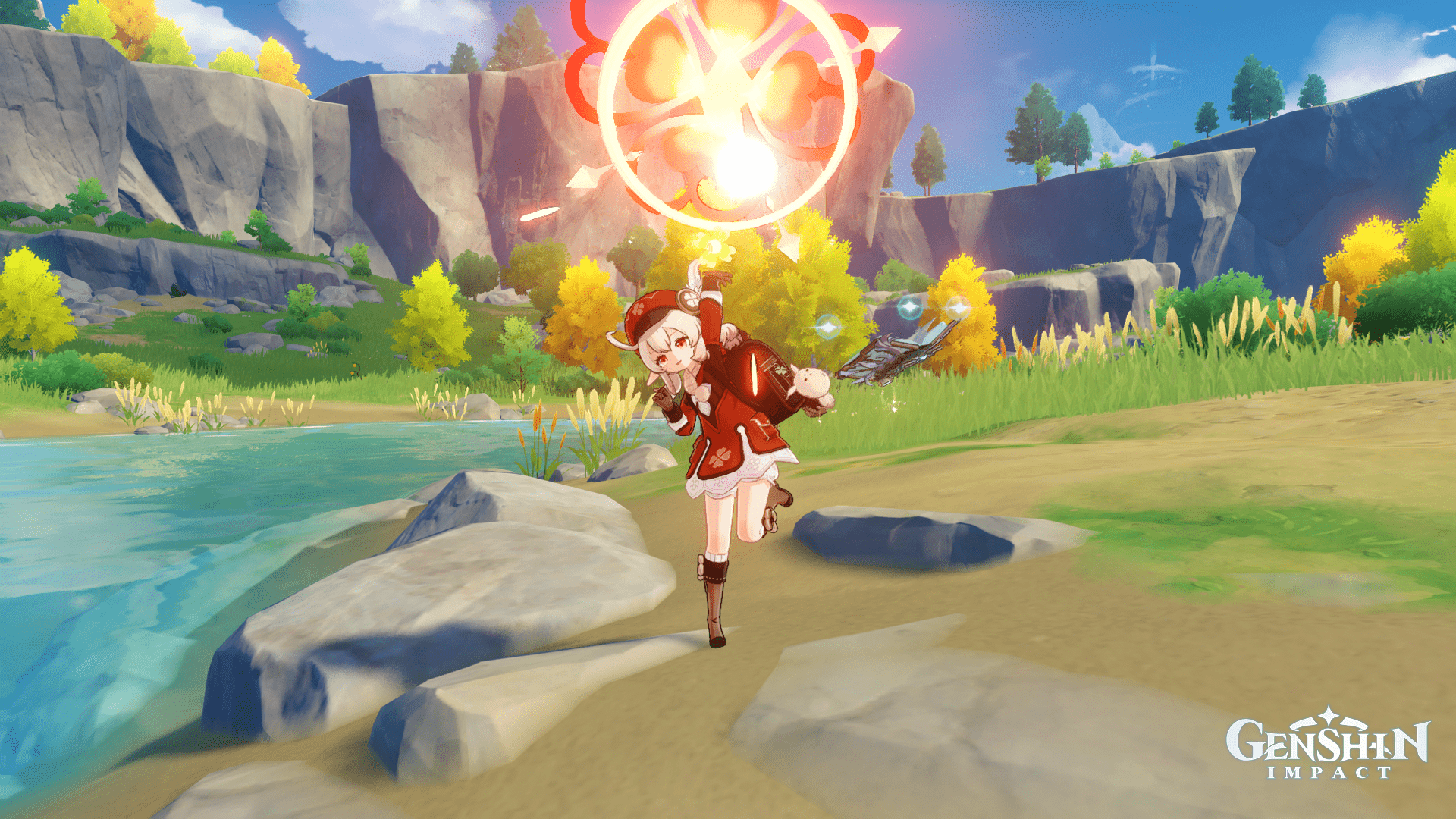
Klee, the mischievous but lovable pyro-wielding character, is known for her curious personality and love for all things that go boom. She is a young girl who hails from Mondstadt and is a member of the Knights of Favonius. Part of Klee’s design is those little clover images that can be seen in her outfit and her bombs. While that may look like a simple design choice by the developers, it actually has something to do with her name. Klee’s name is German in origin, which means “clover” in English. That’s right. Klee’s character and design elements seem to revolve around clover leaves. Even her constellation, Trifolium, is a combination of Latin words, namely “tria” (three) and “folium” (a leaf).
Klee is also quite a common German and Ashkenazi Jewish surname. You’ll find many surnames in the region that incorporate “Klee” into them, such as Kleemann, Kleefeld, and Kleeblatt.
Genshin Impact never ceases to amaze us with the attention to detail in their character designs and backstories. The origin of these beloved Genshin Impact characters’ names is just proof of how much thought and effort goes into creating each and every aspect of the game. Learning about the meanings behind their names adds another layer of depth to the already rich world of Genshin Impact. It’s fascinating to see how the developers have woven different cultural references and mythologies into the game’s lore. Whether it’s a tribute to a real-life person or a nod to a piece of folklore, these names contribute to the game’s immersive experience. So next time you encounter a new character in Genshin Impact, take a moment to appreciate their name and what it represents.
If you’re interested in learning more about the different characters in Genshin Impact. You can also top up Genesis Crystals with Codashop so you can pull for your favourite characters. Expect a fast, secure, and hassle-free experience when you top up your account!


